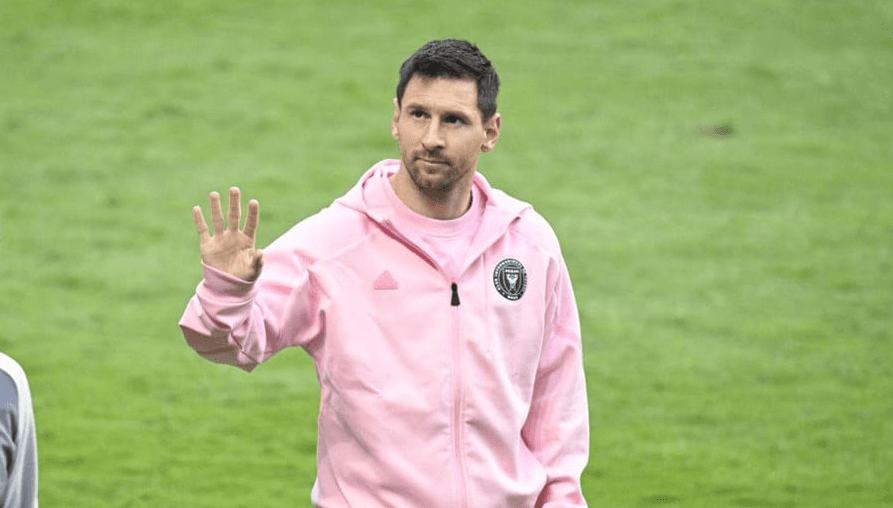Argentine soccer star Lionel Messi’s absence from a friendly match in Hong Kong between Inter Miami and a local club on Feb. 4, has led to a significant backlash from disappointed fans. Following the incident, the Chinese Communist Party (CCP) has taken measures to censor Messi’s visibility in state media by excluding him from programs and advertisements. As a result, various brands endorsed by Messi in China are also affected.
On Feb. 12, the CCP-controlled China Central Television (CCTV) Sports Channel’s “World Football” program replaced its original opening scene of Messi lifting the World Cup trophy with footage of Philipp Lahm, the former German team captain, doing the same in 2014.






